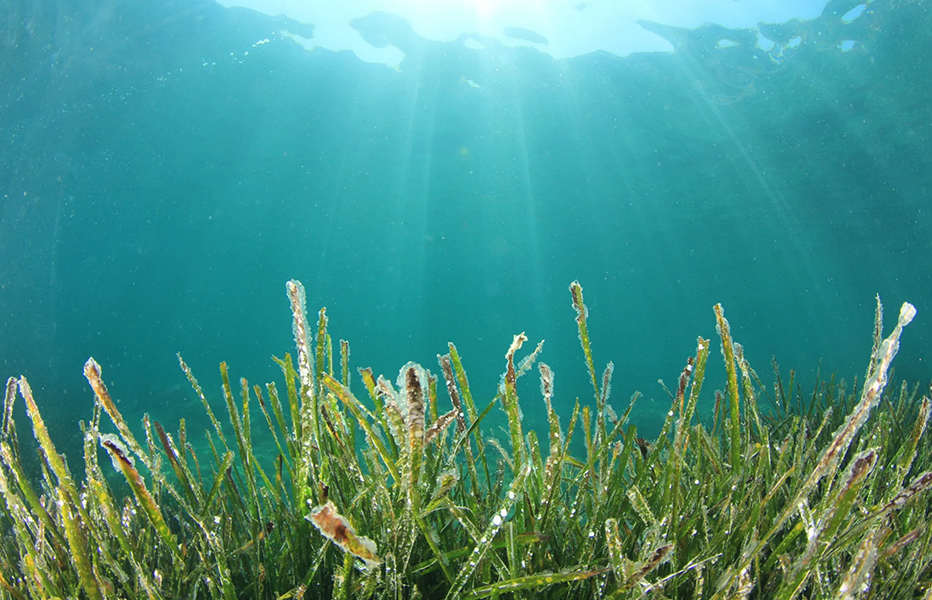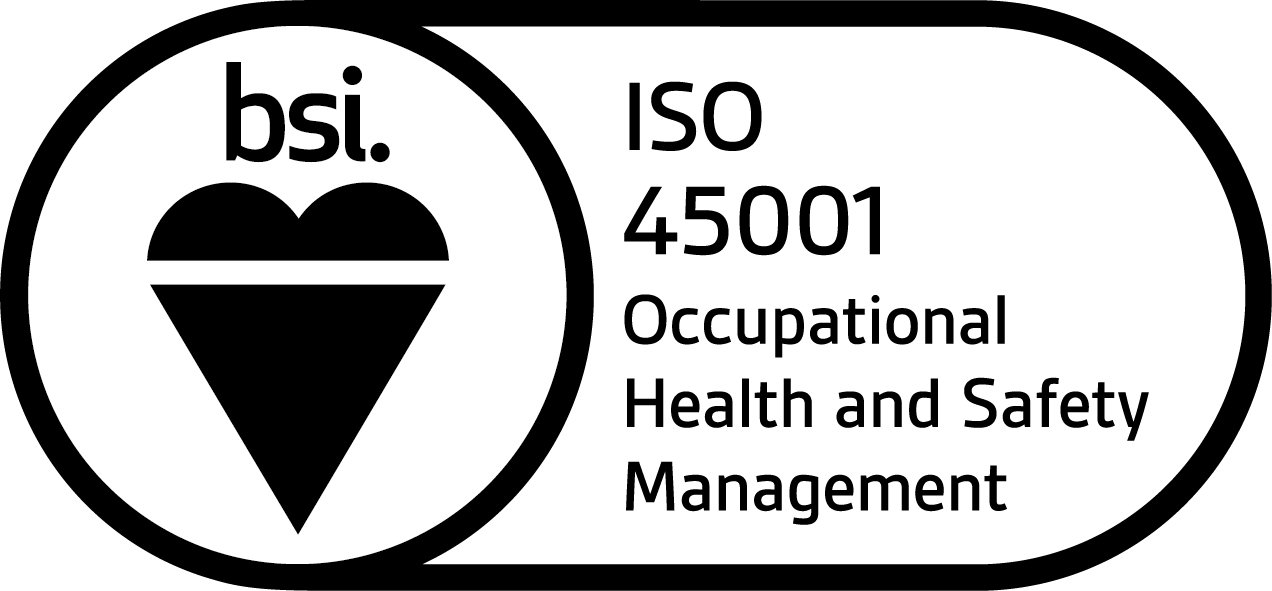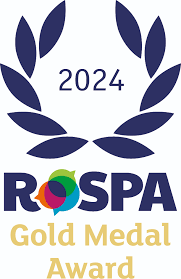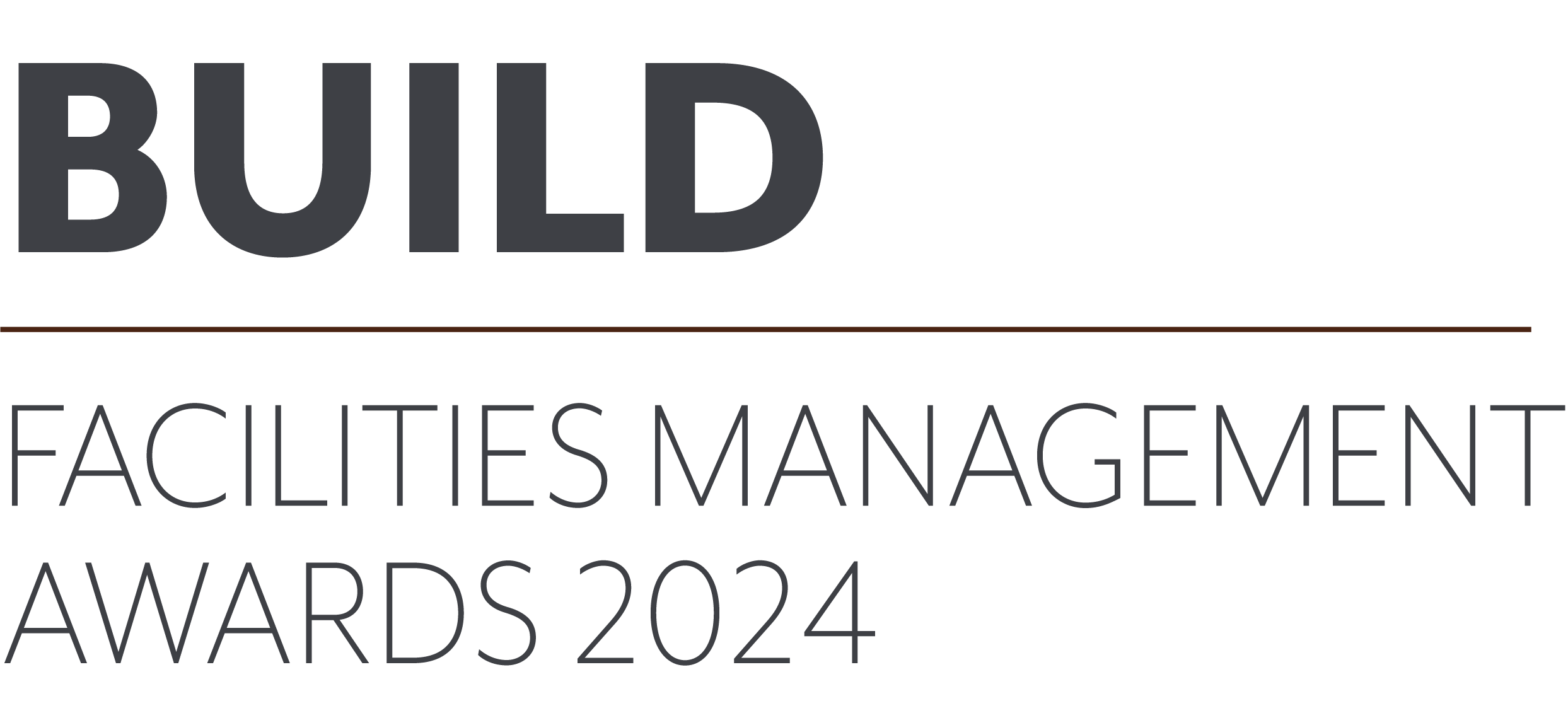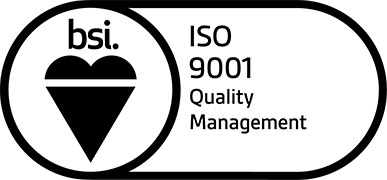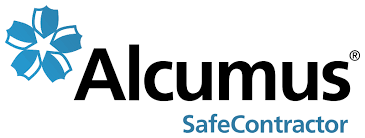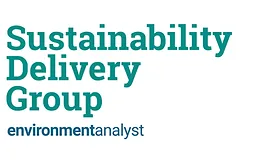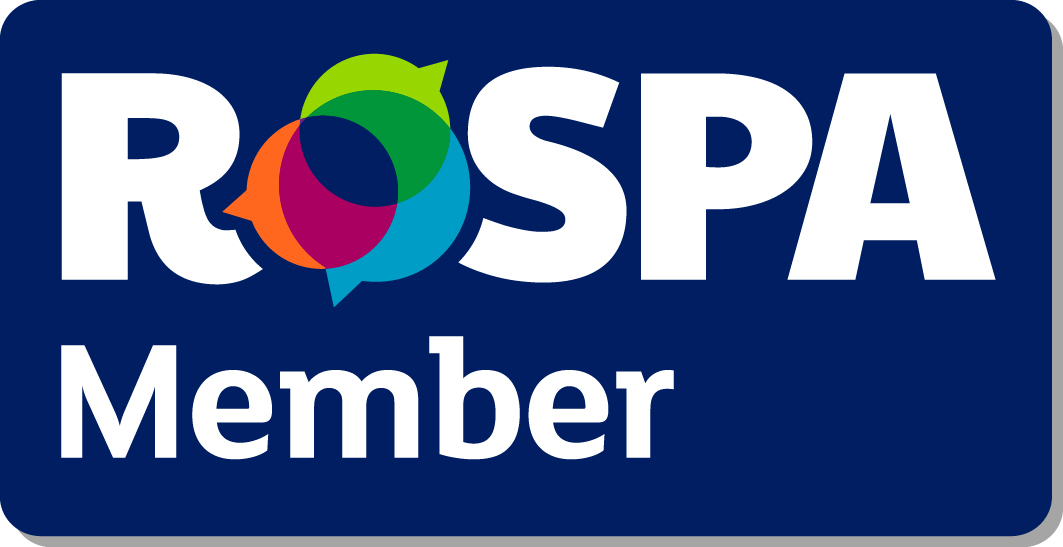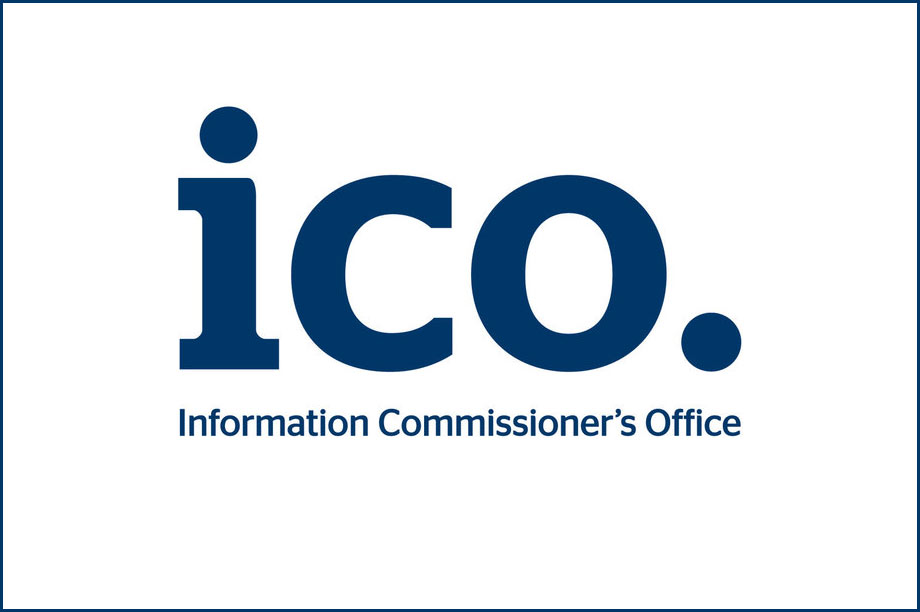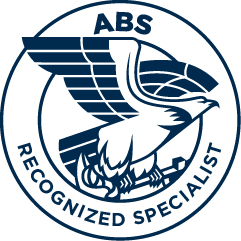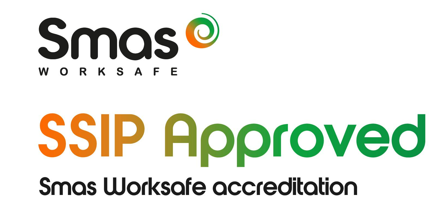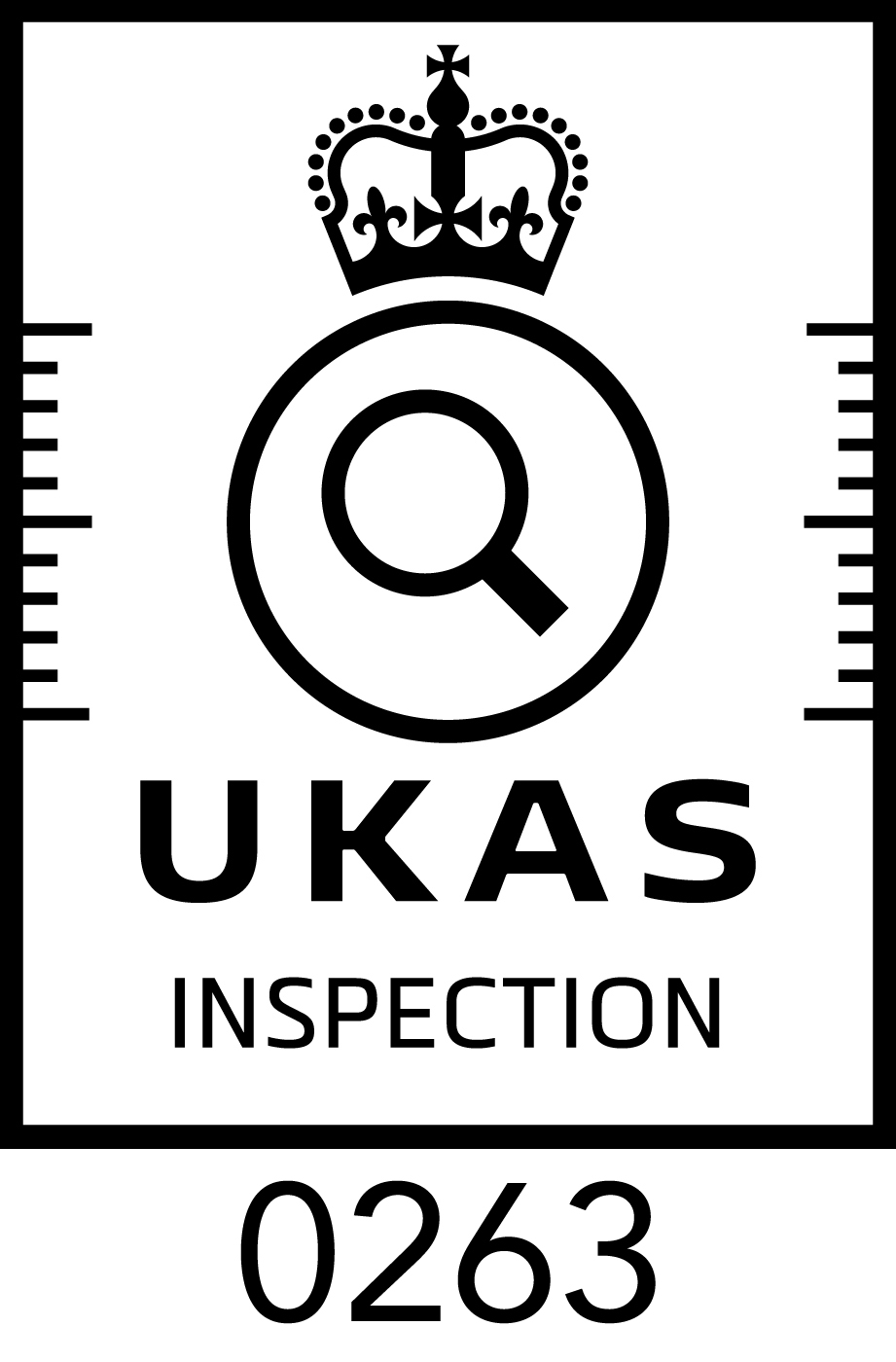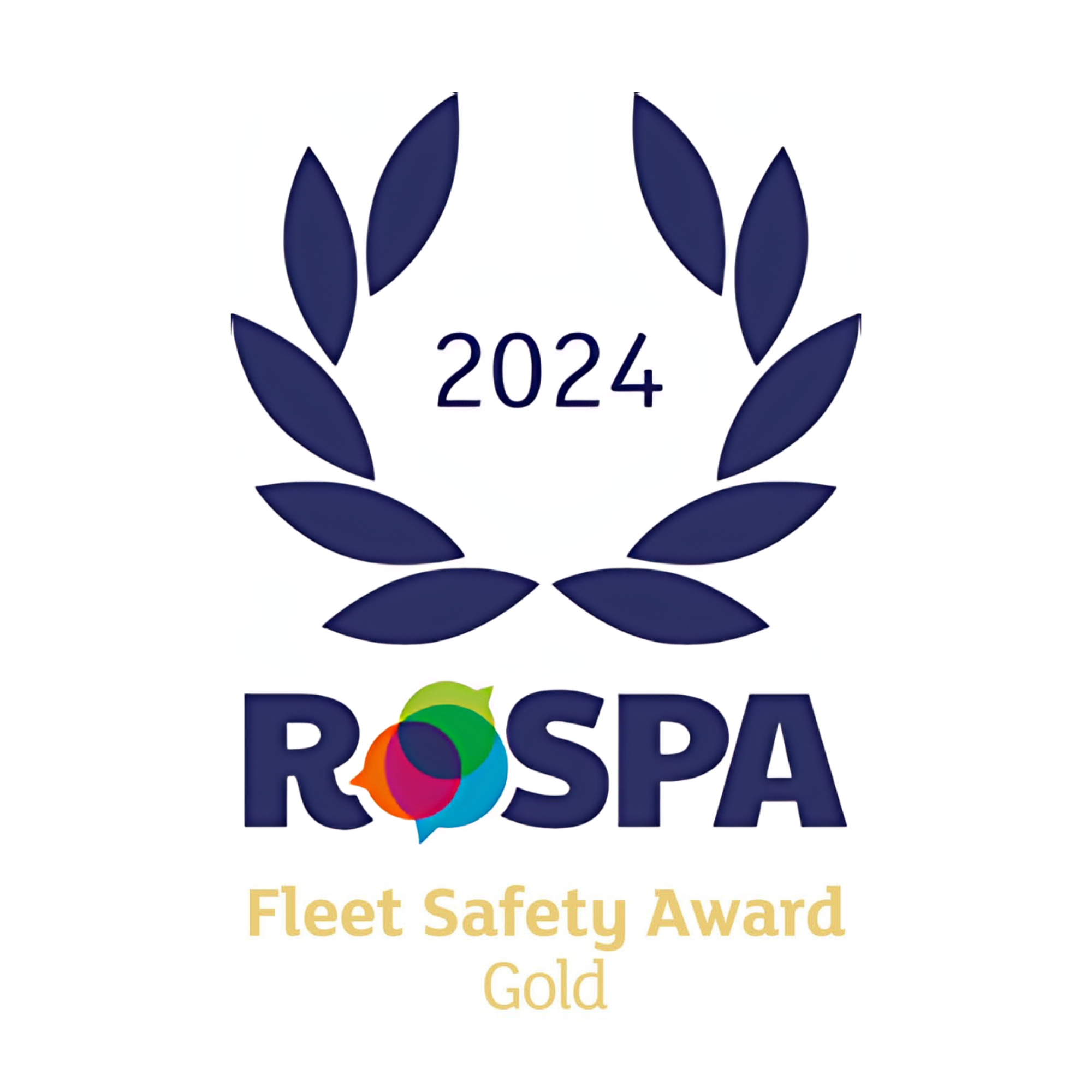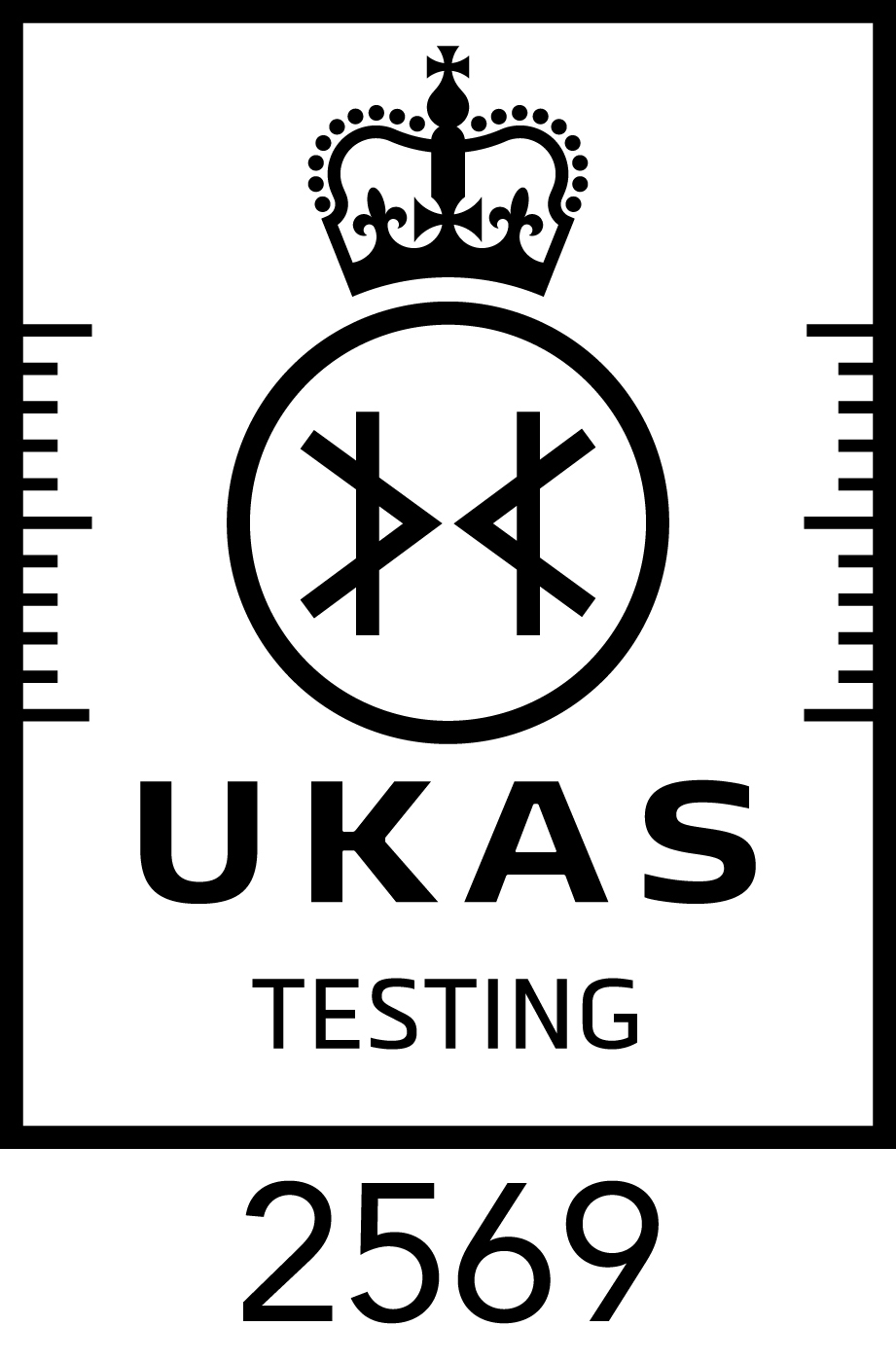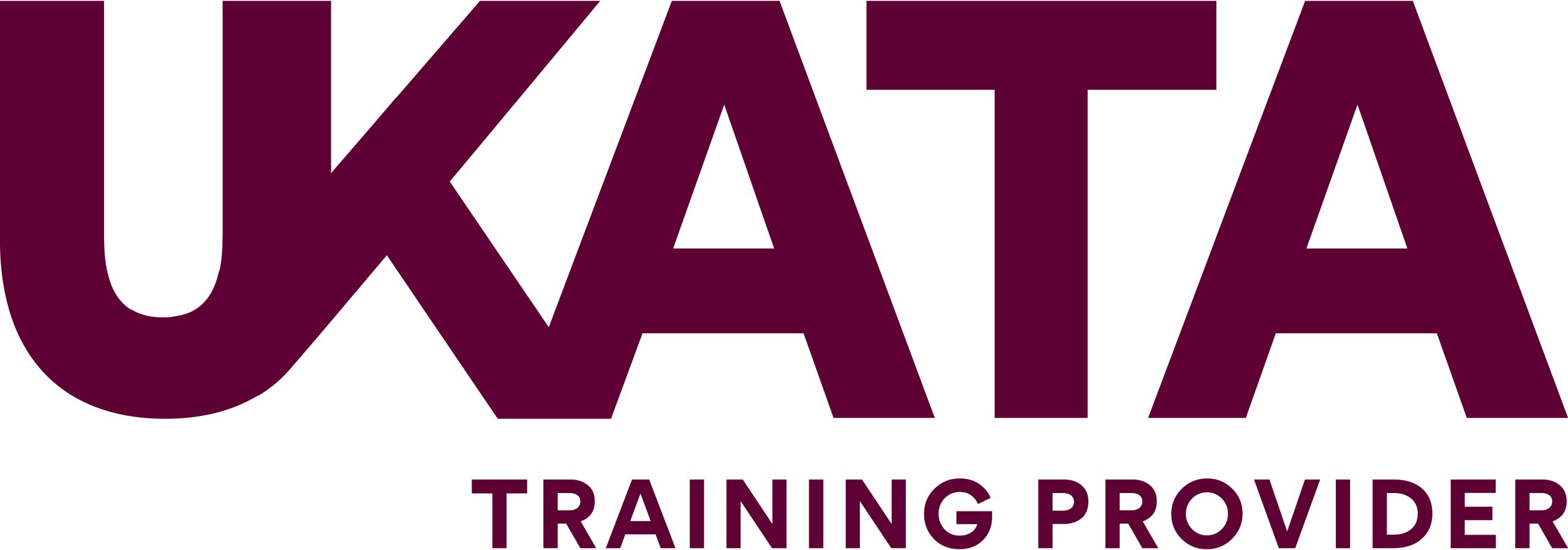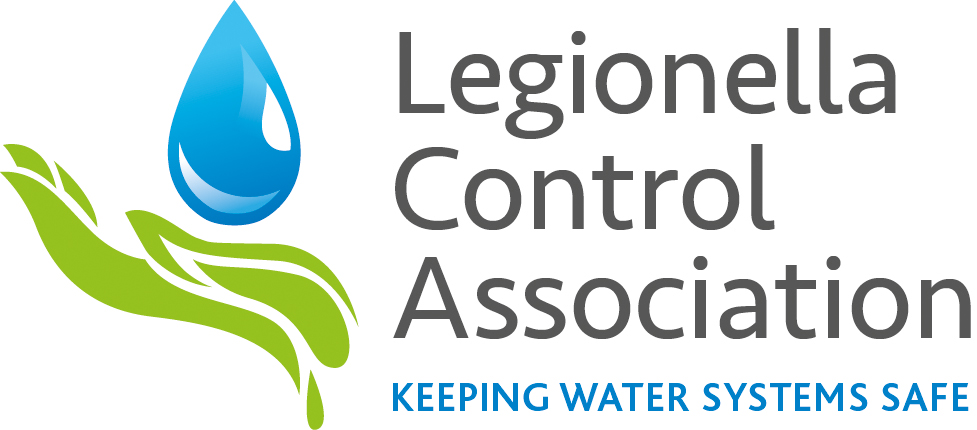Today we celebrate World Environment Day, the United Nations day for encouraging worldwide awareness and action to protect our environment. Celebrated annually on the 5th June, each year there is a different theme and this year the UN is focusing on land restoration.
“We cannot turn back time, but we can grow forests, revive water sources, and bring back soils. We are the generation that can make peace with land.”
United Nations – #GenerationRestoration.
How are we celebrating World Environment Day?
Our core purpose and ESG ambition is “Protecting People and Planet, with the aim to contribute positively to the environments and communities in which we live and work. Over the past few years, we have used World Environment Day as an opportunity to do just that.
We’re pleased to share that we are supporting the Seawilding project for a third year by donating an amount for each of our current employees, with a larger amount pledged for each new starter since World Environment Day 2023.
Based at Loch Craignish, Argyll, the UK’s first community-led native marine habitat restoration project, the project restores lost biodiversity, helping our seas recover from the prolonged impacts of human activities. It’s been fantastic to see the progress of the project over the last three years and in this blog you can read more about why and how we’re supporting it.
Why are we continuing to support the Seawilding Project?
Seagrass is able to sequester and store huge amounts of carbon that are dissolved in our seas, also known as blue carbon. Similar to trees taking carbon from the air to build their trunks, seagrass sequesters carbon from the water to build leaves and roots. Seagrass can capture carbon 35 times faster than tropical rainforests and accounts for 10% of the ocean’s total burial of carbon, despite only covering 0.2% of the ocean floor. Therefore, seagrass offers a natural solution to the climate crisis, but with huge global declines of seagrass as a result of dredging, pollution and disease it is vital to support seagrass restoration.
In 2023 we reported that Seawilding were continuing to trial different methodologies such as direct planting, seed injection, sod transplantation and seeds in hessian bags to identify the most effective restoration techniques. In addition, they established a seagrass nursery enabling pilot studies of seagrass on land to better understand the multiple variables affecting seagrass seed germination to ensure that seagrass restoration can increase at scale.
Over the last year, two of the Seawilding team visited Canada to learn the techniques for rhizome transplantation which has been used successfully by many restoration projects around the world. As a result, Seawilding has now embarked on the first rhizome transplantation in the UK.
Seawilding’s ambitions for 2024 are to translocate 20,000 rhizomes and harvest 100,000 seagrass seeds. They have already started engaging scores of volunteers to help harvest and process seagrass plants and seeds ready for planting. Seawilding surveyed the Loch last year, and discovered that despite seagrass beds making up 0.4% of the loch, they host 68% of the biodiversity which demonstrates just what a vital role it plays in the marine environment. Our contribution to the project will be a huge help in moving this forward. This video below captures what they’ve been working on since last year.
How are we supporting the Seawilding Project?
This year, we are donating an amount for each of our current employees, with a larger amount pledged for each new starter since World Environment Day 2023. This will support the Seawilding Project’s goal of planting between 500 -1,000m2 of seagrass rhizome shoots into the restoration areas this year. In addition, our donation will also contribute to the planting of around 100,000 seagrass seeds this autumn using various methodologies including direct injection and hand scattering onto the seabed as part of key scientific trials.
This year, in association with the Scottish Association of Marine Sciences, Seawilding will be analysing and researching seabed sediment types to better understand optimum planting conditions. Lucion are proud to support Seawilding during this exciting year for the project, as the results of the rhizome trials and sediment types will contribute significantly to the science of seagrass restoration. The contribution made on behalf of all our Lucion employees will contribute to helping to better inform not just Seawilding but other seagrass restoration projects across the UK.

